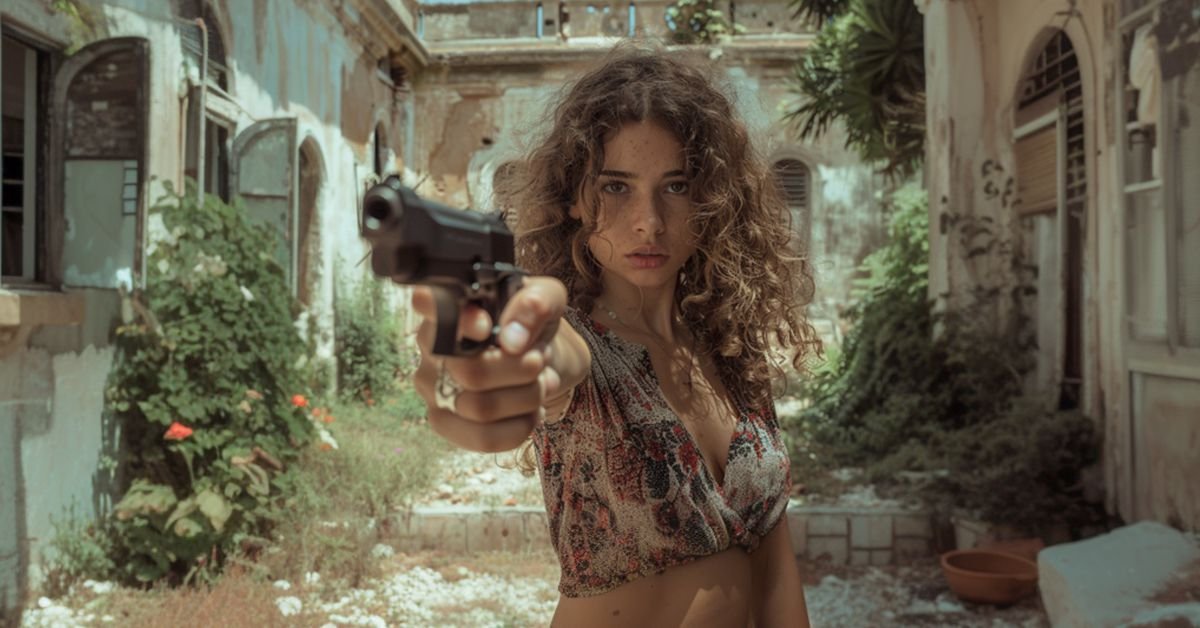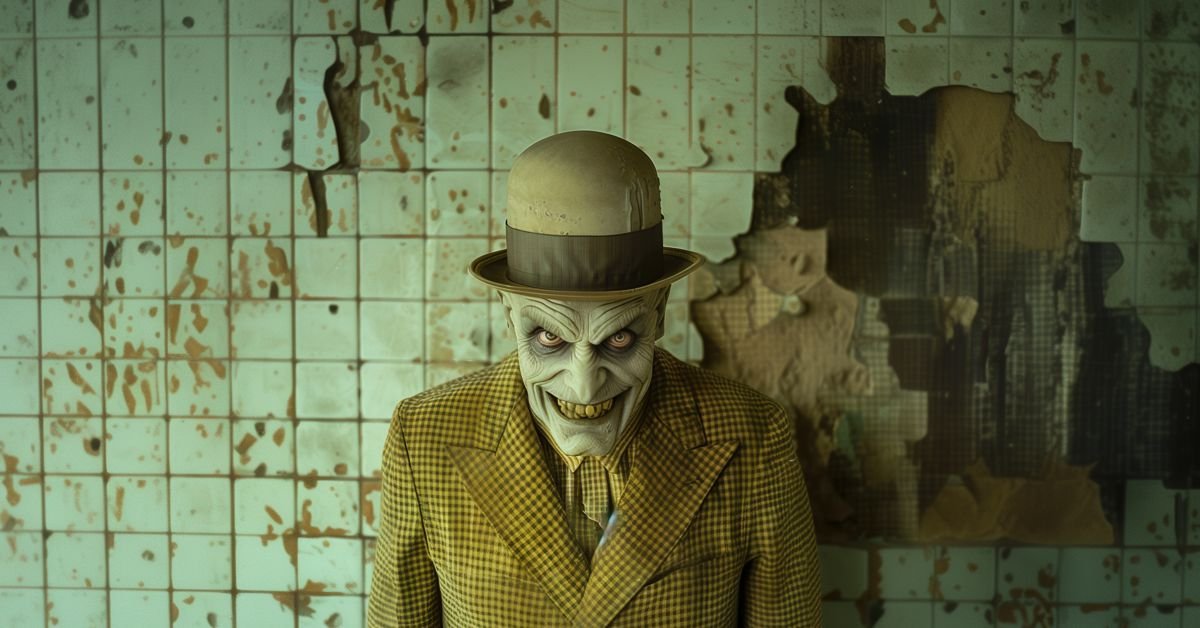The Dead Sea Hotel
The Dead Sea Hotel is a satire; part spy thriller, part morality tale it’s also a ghost story. You can see the genre Nazis over at Conventional & Conventional Publishers taking to that lot like a duck to hoisin sauce, can’t you?
It’s set in a run-down hotel in Amman, Jordan, where the events in the book mostly take place. The proprietor of the Dead Sea Hotel (which is, of course, nowhere near the Dead Sea) is an ageing Armenian gentleman by the name of Krikor Manoukian who still mourns his life’s love, his wife Lucine, who passed away a couple of years ago.
The hotel’s been virtually empty for even longer, the occasional unwary passer-by providing the only business beyond Manoukian’s long-term guests, the squabbling and ancient Misses Heatherington. He’s let himself go as much as he has the hotel and is increasingly living in the past, particularly harking back to the hotel’s heyday back when the British used it as their informal officers’ club.
Little does Manoukian know, but his beloved wife is still with him, a wraith maintained and tethered to the hotel by his enduring love for her. She finds herself joined by the ghost of an English guest at the hotel, a man murdered in a gruesome and bloody attack that brings the unwelcome attention of the police and then a sudden surge in new bookings as new guests check in. They are none of them as they seem and all embark on a hunt for the mysterious dead Englishman’s valise.
Only Manoukian and his mynah bird know the valise is in the hotel’s Victorian era safe. Or is it?
If Manoukian thought his silly, love-lorn daughter Araksi and her unsuitable Muslim mechanic boyfriend were a problem, if he has to endure the clumsiness of club-footed cleaner-cum dogsbody Basel ‘Donkey’ Hamar, his failing hotel is at least coining in the money now these colourful new guests are taking rooms.
But when the Devil himself checks in, mayhem takes over and the Dead Sea Hotel starts to fall apart at the very seams…
Of Moritats
A Moritat was originally a medieval entertainment put on by street entertainers, mummers, a ‘murder ballad’ that invariably told a chilling tale of murder most foul. It was a form of entertainment most popular in Germany, even up to the 20th century - Mack The Knife, the song made so popular by Louis Armstrong and Bobby Darin, was originally composed as part of a moritat, the Threepenny Opera as you ask, by none other than Kurt Weill together with Berthold Brecht.
And that’s what The Dead Sea Hotel is - a murder ballad. Its central theme is death and perhaps what happens after that most inevitable of events has taken place.
The Dead Sea Hotel owes a great deal to Brecht and his Mack The Knife, the song’s ‘lost stanza’ opens the whole proceedings. The book also gleefully appropriates Music Hall artist Ernie Mayne’s ‘There’s no toad in me toad in the hole’, which is all introduced because of the strange nature of the Demon Belial.
It’s amazing what you can pack into a few pages when you really get carried away…
Cairo’s Windsor Hotel was, literally, a steal for the hotel in A Dead Sea Hotel.
Do I feel guilty? I do not…
Demons
The Dead Sea Hotel starts with ‘The Englishman was dead.’ which I happen to rather like as an opening. I’ve always veered away from the idea of opening a book with a murder to be solved, and so the fact of the Englishman’s death isn’t really what it’s all about - any investigation into the poor fellow’s passing is swiftly eclipsed by events and the identity of the culprit behind his unfortunate end is mostly irrelevant. That he happens to continue to exist, albeit in a somewhat unusual format, beyond his death is all part of the fun as far as I’m concerned.
I’m probably not giving too much away when I say his death is by no means the only such event in the book. I have always been singularly delighted by the two-star review of Birdkill left by an appalled American reader, “This is a cynical negative, depressing book. Everyone decent died. I'm sorry I read it.”
Given that, you can’t really say you weren’t warned…
The book’s really about international powers and their local proxies, about the corruption of people for political ends and ultimately about how evil results from these machinations. The hotel itself, battered, unloved and run-down, is something of a metaphor for the poor old Middle East - the unwilling battleground used by foreign states to host the proxy wars they have caused to be fought in the region since the fall of the Ottoman empire.
And, of course, as they all vie for the thing they want more than anything else, they are corrupted by their greed and lust and fall prey to the devil and his evil works, preyed upon in their turn by the terrible demons he unleashes.
Like I said, it’s a morality tale!
Confessions
I confess I enjoyed myself thoroughly writing The Dead Sea Hotel, at least in part because I had finally realised that conventional publishing really, really wasn’t for me. They’d never be interested in me and I’ll never get on with them, so we’re probably happier apart. That took some of the fetters off, although in hindsight I’d probably shrugged them off with Birdkill, my fifth book, which started me on the tangential development of spy thrillers that opened up slightly different worlds than those you’d find in more conventional thrillers like Beirut - An Explosive Thriller.
As a novel, The Dead Sea Hotel takes some terrific twists as a result. It has both horrified and delighted readers, and in fact was so very polarising that I put it away in a drawer for nigh-on ten years before finally deciding to let it see the light of day in 2025.
Of hotels
The Dead Sea Hotel you encounter in this book is an act of wanton and wholesale theft: its entire environs, including the famous ‘Barrel Bar’, were nicked lock, stock and tattered barrel from the Windsor Hotel, once an adjunct to Cairo’s infamous Shepheard’s Hotel.
The Windsor was used as the British Officers Club in Cairo back in the ‘40s and early ‘50s and has literally, and I kid you not, remained untouched since then. The Dead Sea Hotel is rooted, in every loving detail of its wanton neglect and extreme dilapidation, in The Windsor Hotel.
Shepheard’s itself was burnt down in 1952, in a wave of city-wide conflagrations which nobody to this day can quite explain. One of the Middle East’s most famous and celebrated colonial era hotels, during WWII Shepheard’s was home to a barman by the name of Joe Scialom (pronounced ‘Shalom’), the inventor of the cocktail Suffering Bastard, a play on Scialom’s own hungover state as a ‘Suffering Bar Steward’.
How do you make a Suffering Bastard to cure that there suffering bar steward? Well, that’s 30ml brandy, 30ml gin, 15ml lime juice and a dash of bitters topped up with 120ml ginger beer, served tall with a sprig of mint and a slice of orange. So now you know.
Trader Vic’s sells a very moreish drink by the same name that has absolutely nothing to do with the original recipe or its inventor, but it does taste lovely.
A suffering bar steward…
A suffering bastard…








